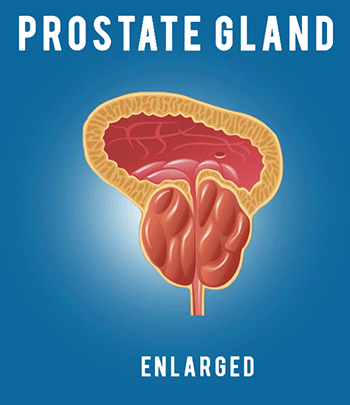Diet—An Important Tool in Treating Cystic Fibrosis!
Diet—An Important Tool in Treating Cystic Fibrosis!

Image courtesy of Apolonia at FreeDigitalPhotos.net
To be healthy active adults we need to have a healthy diet. If you are sick or have a serious disease a healthy diet is even more important. Eating plenty of fresh fruits and vegetables, limiting your fat and sugar intake and reducing the salt from your diet will make anyone healthier, especially those who have cystic fibrosis.
Diet—An Important Tool in Treating Cystic Fibrosis!
There are some foods a cystic fibrosis patient should stay away from completely or eat in small quantities. Foods that increase mucus production or cause an allergic reaction should be removed from your diet. If you are lactose intolerant and a cystic fibrosis patient, it is essential you stay away from all dairy products. Especially stay away from milk, cheese, and ice cream. Other foods that could cause allergic reactions and make cystic fibrosis symptoms worse are peanuts, oranges, sugar, bananas, and saturated fats. You should also limit or avoid excessive meat, wheat, barley and oat products and leave the saltshaker off the table.
Cystic fibrosis patients should eat large amounts of foods that help reduce inflammation and mucus build up. You may be surprised what is recommended! Some of the more common items are garlic, onions, mustard, celery, and parsley. Some of the odd items it is recommended to eat includes horseradish, watercress, umeboshi plums, rose pits tea, lemon, pickles, and foods that contain anti-inflammatory oils. These are nuts, seeds, and cold-water fish.
Along with a healthy diet there are nutrient supplements that will help a patient with cystic fibrosis. These nutrient supplements can be found in a nutrition store or in your local drugstore. Patients having problems with their pancreas because of the disease should supplement their diet with pancreatic enzymes. There are supplements available to help protect the lungs. Antioxidants such as selenium, vitamin E, beta-carotene and vitamin C all are helpful in protecting the lungs. A supplement called N-acetyl cysteine will help reduce mucus. 200 mgs should be taken three times a day to be effective.
Zinc is important to your immune system. Cystic fibrosis patients often have chronic coughs and recurring upper respiratory infections. An adult should take 10 to 30 mg of zinc each day to boost the immune system. Another supplement, Quercetin should be taken before each meal to reduce inflammation. You should take 250 to 500 mg for the supplement to be effective.
Herbs may also help ease the symptoms of cystic fibrosis. Just a reminder, there is no known cure for cystic fibrosis. You can take steps to ease the severity of the symptoms. There are herb mixtures that will help liquefy mucus, stimulate the pancreas, and fight infection. Many of the ingredients can be found as dried extracts, teas, or liquids. These are normally found in a health food store. Before you begin taking any supplements or herbal cures, consult your doctor. Do not use herbs or supplements in place of your prescribed medications. Cystic fibrosis patients should watch their diet carefully and continue to get some form of physical exercise each day. This will help you physically and emotionally.


